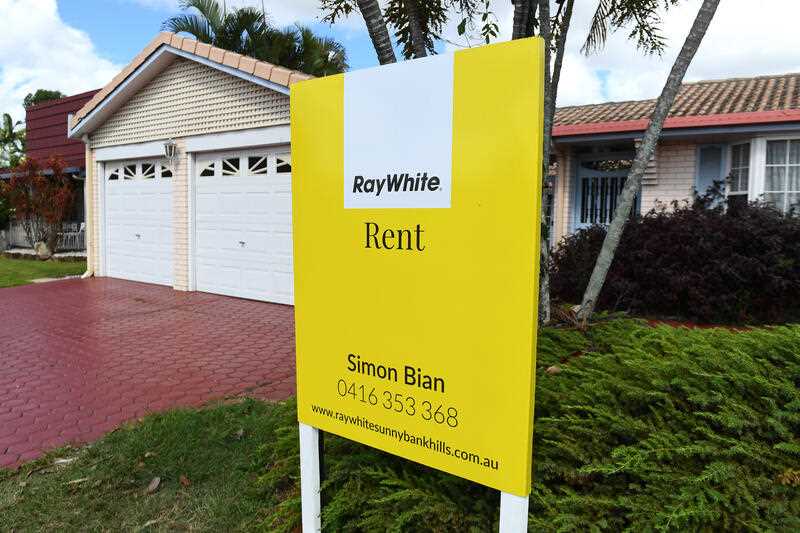By: Fraser Barton
Renters will have greater protections in Queensland under a swathe of reforms tabled in state parliament.
A code of conduct for the rental sector, bans on rent bidding, tying limits on rental increases and greater protections for renters’ privacy form part of a bill put forward by Housing Minister Meaghan Scanlon on Thursday.
The legislative changes propose putting the onus on property managers and owners for bond claims and establishes a prescribed form to apply for a rental home.
Renters’ personal information must be stored and disposed of securely within three months for unsuccessful rental applications or three years after a tenancy ends, under the reforms.
The bill will establish a rental sector code of conduct, a framework for parties to agree on installing modifications in rental properties and a portable bond scheme.
Ms Scanlon said the reforms importantly deal with a “feeding frenzy” where renters are offering more through rent bidding to secure accommodation.
“Currently under the Act, it’s illegal for a real estate agent to solicit rent bidding,” she told reporters.
“What’s happening in practice, though, is that essentially renters are going and offering more and it’s becoming a feeding frenzy, and it’s very difficult to regulate in determining who actually asked that person to pay more.”
Ms Scanlon said anyone that accepts a higher amount than previously advertised would be committing an offence under the proposed laws.
The bill also caps all bonds to four weeks rent to provide clarity for all prospective renters.
The reforms will attach a 12-month limit on rent increases to the property instead of the tenancy, seeking to stabilise rents and provide further certainty for renters.
A greater focus will be placed on the Residential Tenancies Authority’s role in administering and enforcing rental reforms.
The bill also introduces a legislative framework for mandatory continuing professional development (CPD) for property agents.
“Failure to complete CPD will impact on the property agent’s eligibility to have their licence or certificate renewed or restored by the chief executive,” Ms Scanlon said.
A regulation on top of the laws will be enacted to ensure CPD compliance with the new legislation, Ms Scanlon added.
Stage two of the government’s rental reforms follows extensive consultation with relevant stakeholders, renters, property owners and peak advocacy groups.
“More than 600,000 Queensland households rent. These reforms are about making renting fairer, safer and easier,” said Ms Scanlon.
The Queensland Greens said the reforms should include rental caps and a “right to remain” for renters that prevents landlords from refusing a lease renewal without a reason.
Maiwar MP Michael Berkman said it was an opportunity to take real action on housing issues but instead the government had put forward minor changes to tenancy laws.
“Under Labor’s reforms rents will continue to skyrocket, renters will continue to be kicked out at the end of their lease for no reason and more Queenslanders will be pushed into homelessness,” he said.
Meanwhile, an emergency accommodation program for Queenslanders under housing stress has been expanded.
The Immediate Housing Relief for Families program has been increased to include anyone at risk of homelessness – including individuals and couples.
Housing data released on Thursday in Queensland shows 1770 households have been allocated to social housing in the 2023-2024 financial year, with a reduction of 371 applications.
Single person households or couples remain the biggest driver of demand on social housing.






